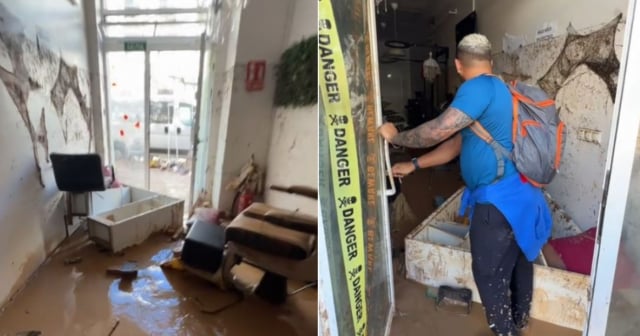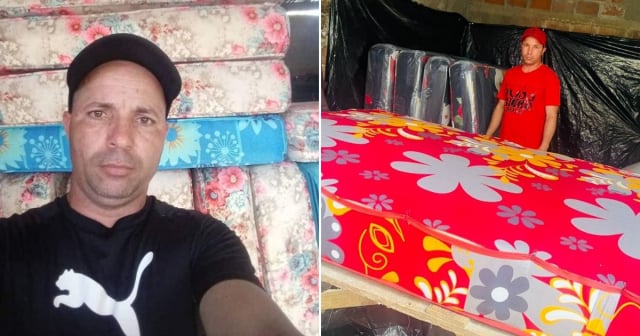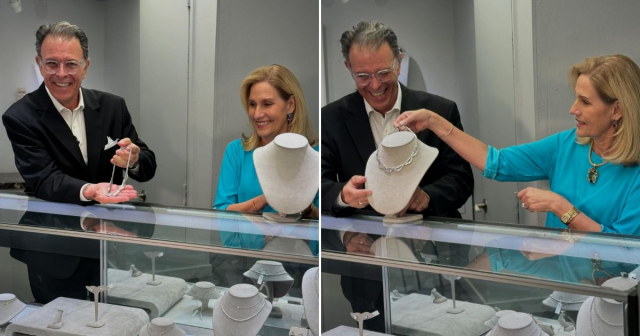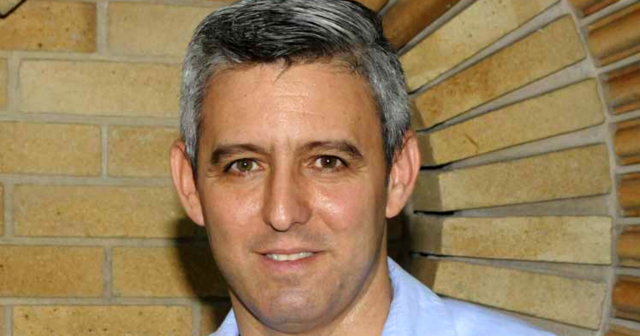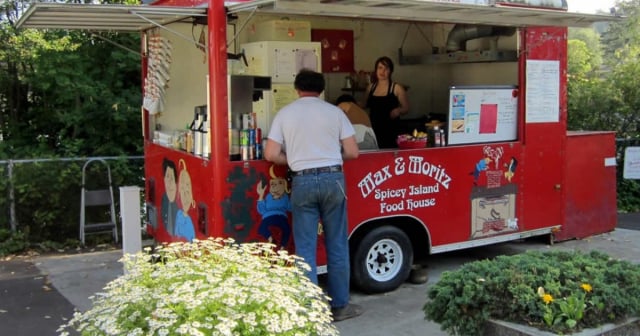Cuban entrepreneur Miguel Grillo arrived in the United States at the age of 17. When he was seven, in 1963, the Cuban regime confiscated the family farm in Matanzas. He was just a child, but that experience left a deep mark on him. Especially when his father told him one night, "Son, we have to leave (Cuba)." Shortly after, he emigrated to Spain. By then, he was 14, and in Madrid, he worked as a bartender for a family he remembers fondly.
The properties that the regime took from his father and six uncles were not a plantation but a small piece of land, which was confiscated under the false promise of redistribution. They never did, and like many other lands, theirs also became overgrown with marabú.
His father passed away in the United States ten years later, in '83, but Grillo speaks of him as if he had just left yesterday. He always remembers him as someone who was concerned about the family, but also about work, because for him, working was very important, and he succeeded in instilling that importance in his son, who is now a successful businessman.
Now retired, Miguel Grillo is engaged in livestock farming, a venture he was able to establish after doing well in the textile industry until competition from Latin American countries forced him to seek opportunities in the Dominican Republic, eventually leading him to sell everything.
Now he enjoys his cattle and horses, but he also produces humorous radio shows and Cuban trova from before 1959. Additionally, he has supported film productions by director Lilo Vilaplana, including movies like "Plantadas."
Interested in U.S. politics, Miguel Grillo has closely followed the elections that resulted in Donald Trump's victory, as he believes that his host country needs the momentum brought by the Republican.
Grillo doesn’t talk much about himself, but he doesn’t hide that, for him, prosperity has a capitalist stamp. “I am in love with capitalism,” he admits, and he warns young entrepreneurs that they will always be told they’re starting at the wrong time because there’s never an ideal moment to start a business. However, he encourages them not to listen and to bet on their ideas, without haste but also without pause. The business world, he clarifies, is not easy. It requires a lot of hard work, but it’s not a sprint; it’s a test of endurance. He is clear that success in business belongs to those who persevere.
For Grillo, a day of his own business is worth more than a month working for someone else. Although he has a clear vision, he does not dare to predict what will happen with the future of Cuba, because the situation is dire, and he believes that only capitalism and the Cuban people can indicate the way forward.
What do you think?
COMMENTFiled under:

